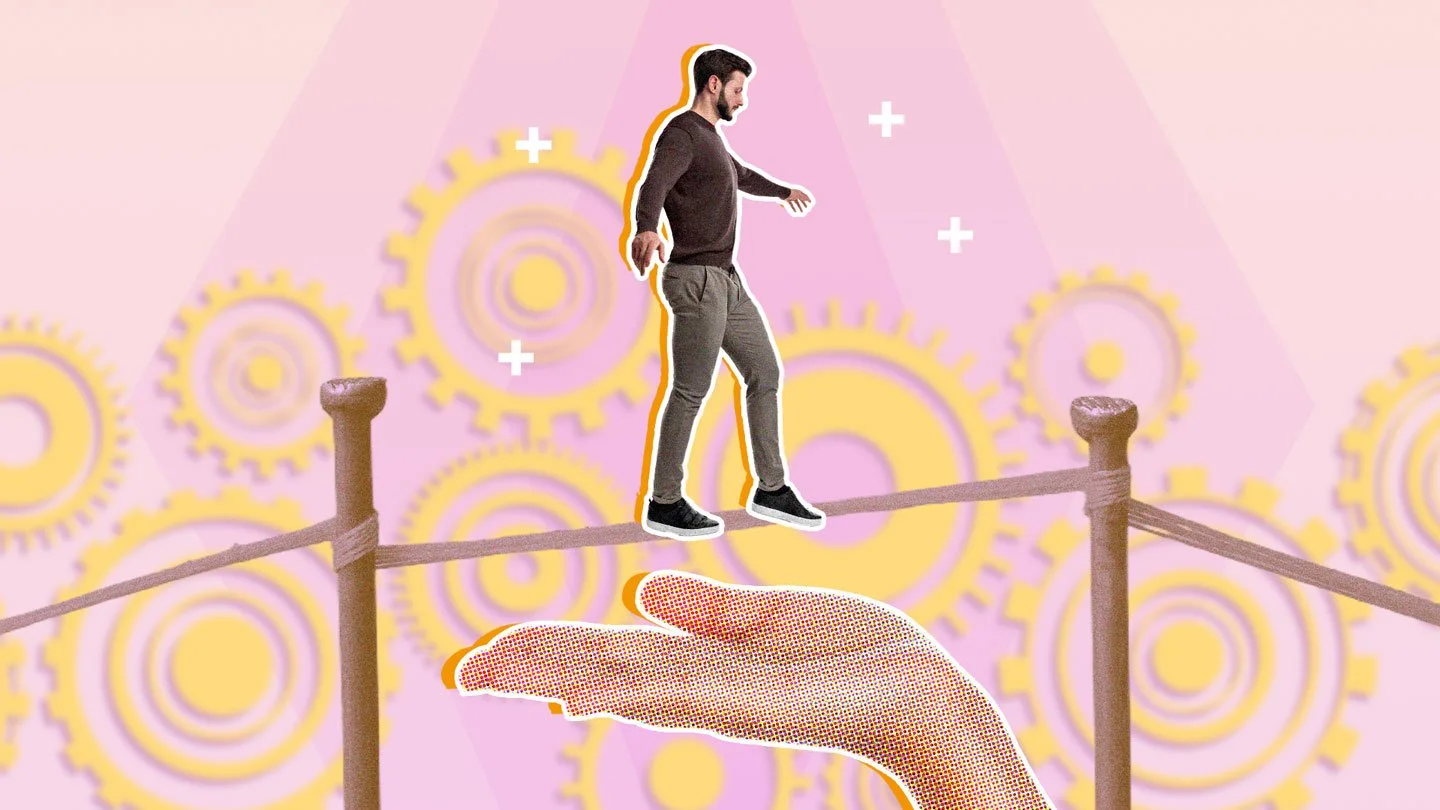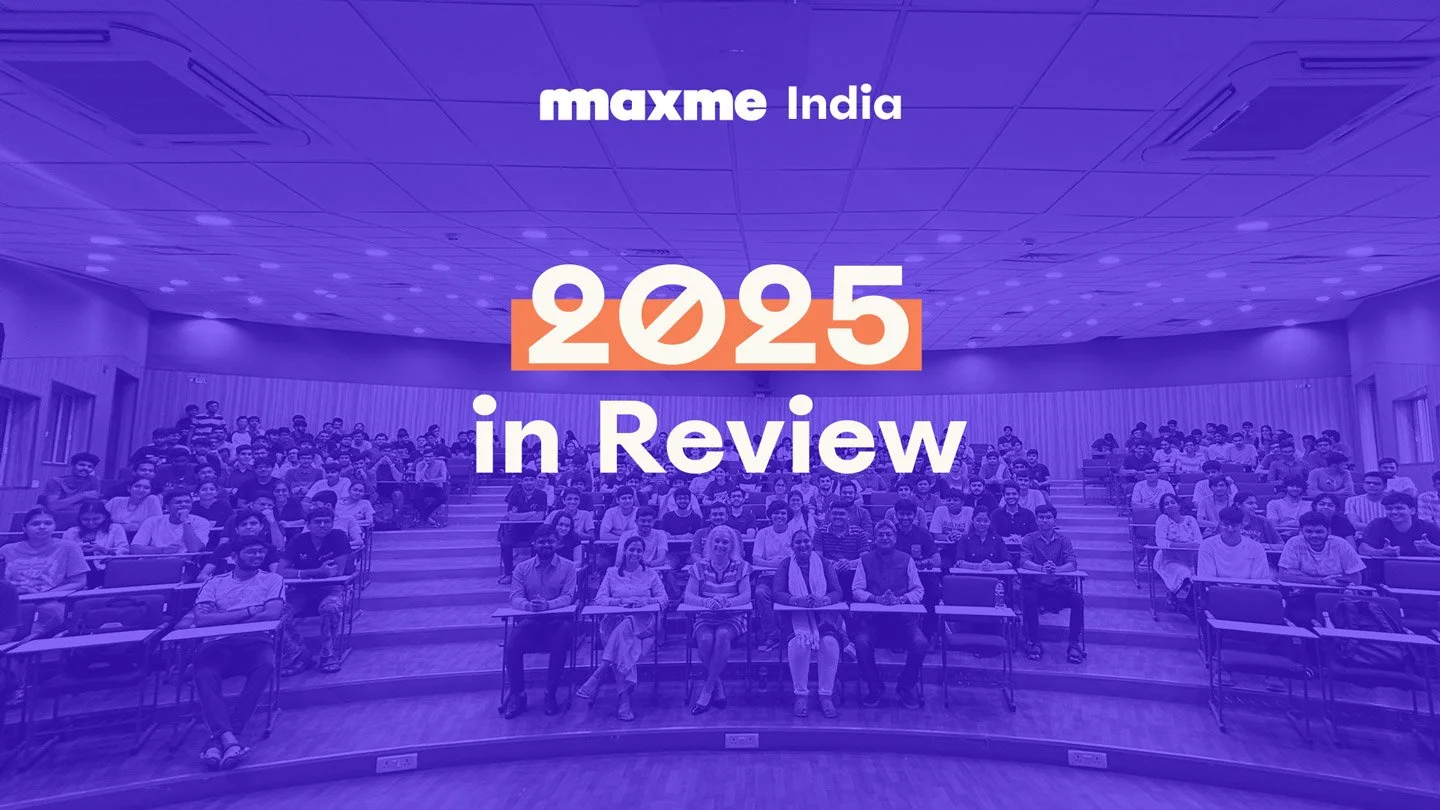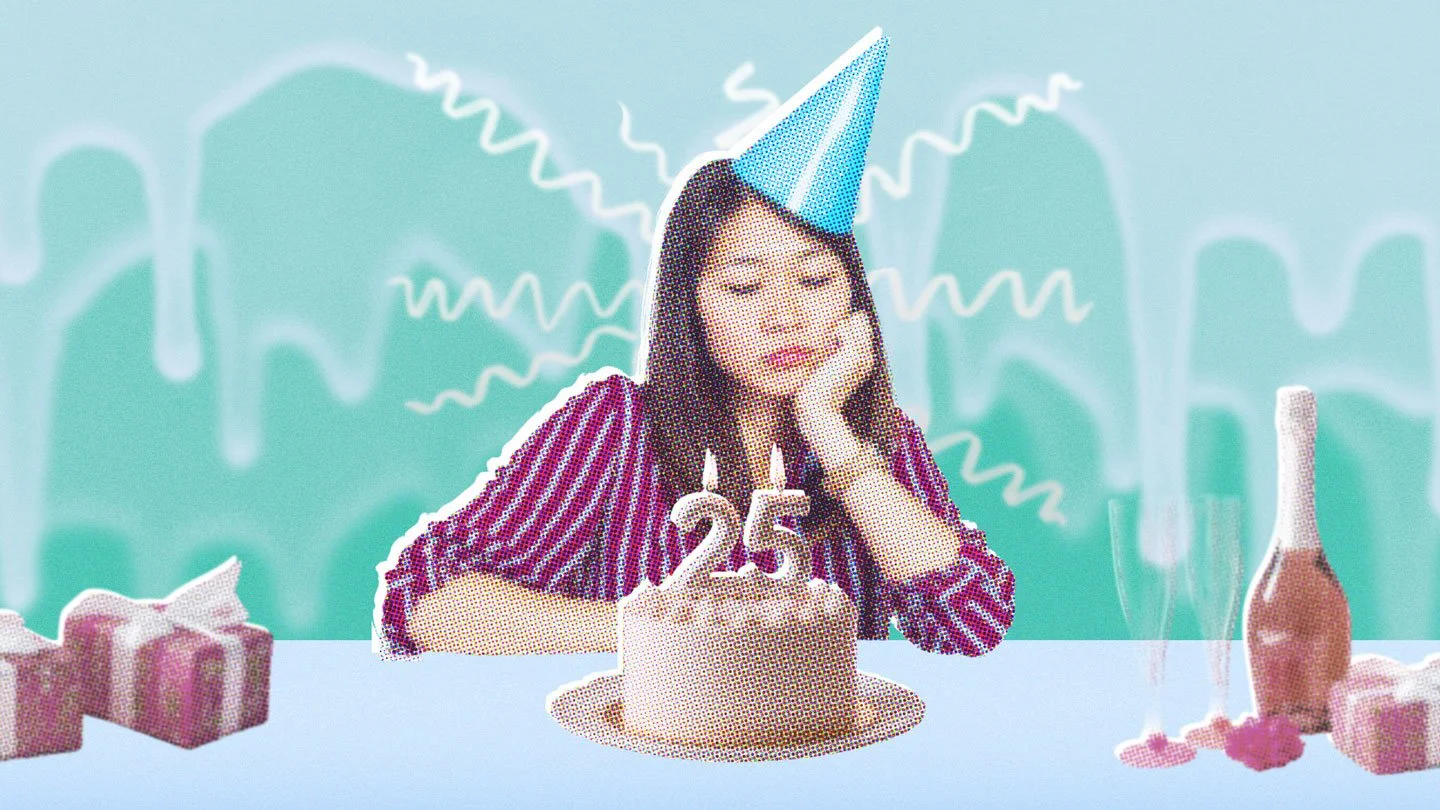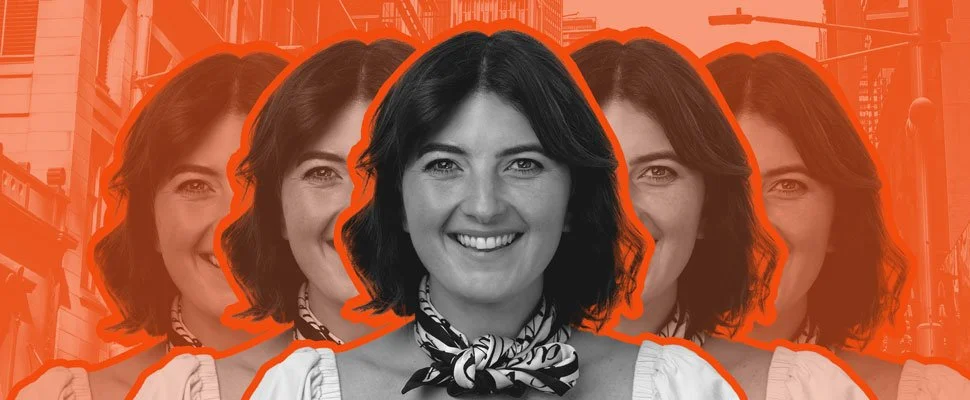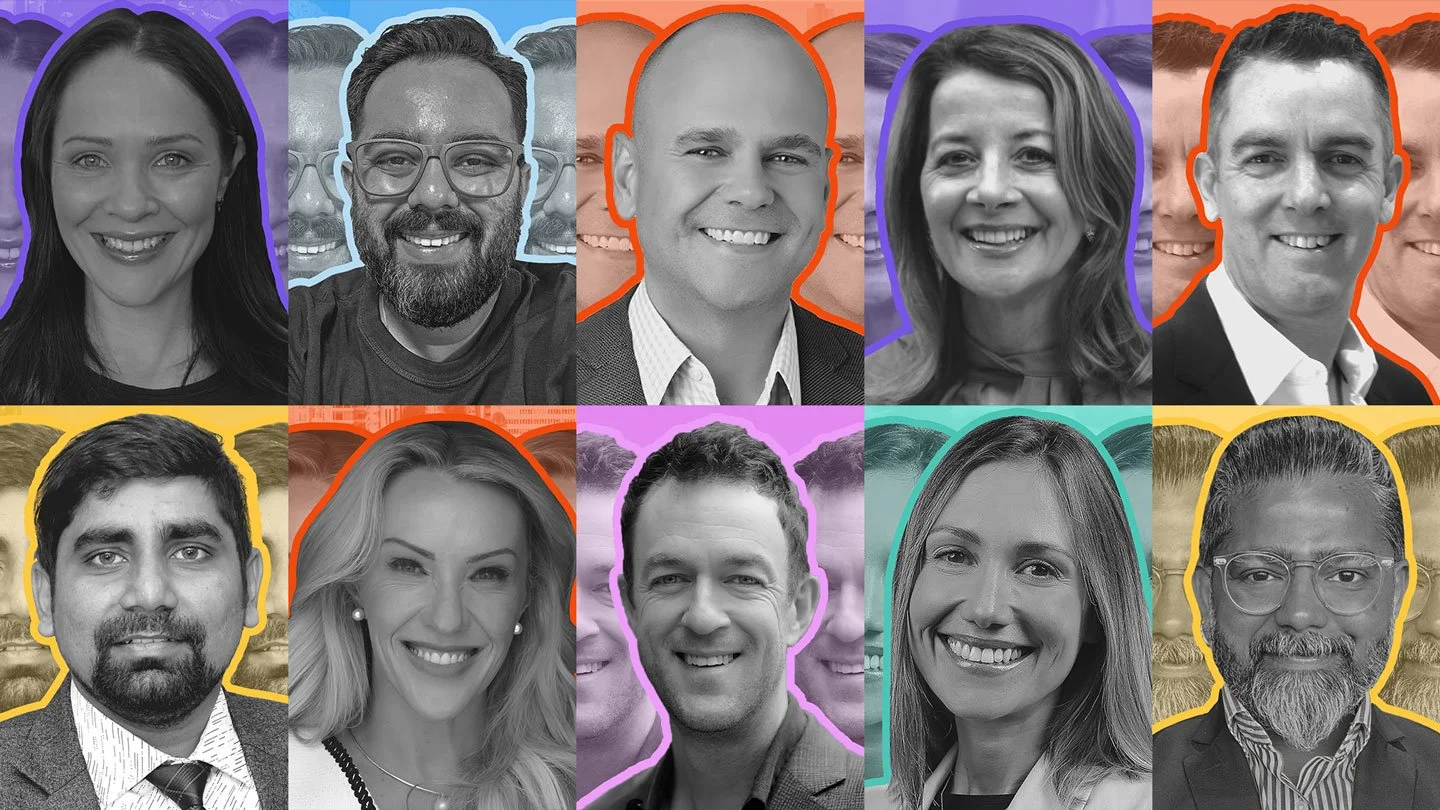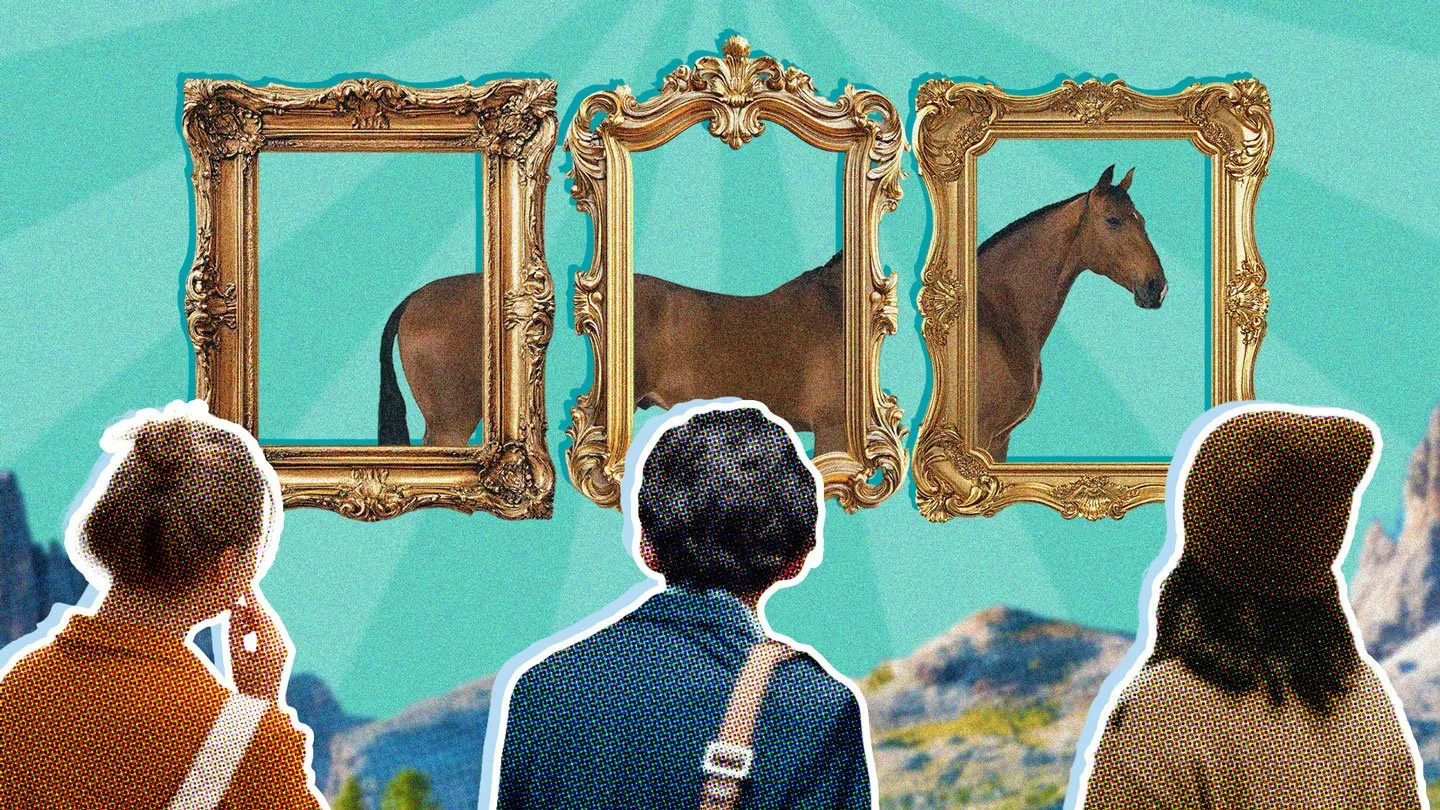Human on the Inside with Dr of Philosophy Tim Dean
Maxme: We’re big believers in the power of human skills. But don’t just take our word for it - the evidence for excellence powered by human (‘soft’) skills is everywhere! In this engaging, ever-enlightening series, we speak with industry leaders, innovators and game-changers to learn a little about their personal career journeys, and how human-led strategies, philosophies and cultures are proving a force for good in their working worlds …
Welcome Tim, and thanks for stepping into the #SuccessIsHuman Spotlight!
You’re an award-winning philosopher, author, speaker and facilitator in philosophy, argumentation and emotional intelligence. You do this for a variety of organisations, including the University of Sydney, The School of Life, Small Giants, and high schools across Australia. You’re also the author of How We Became Human, a fascinating new book charting the evolution of morality from the first humans to today, which also explores how we can turn towards a better future.
In 1 sentence (ok, we’ll give you 3), what does a celebrated Doctor of Philosophy’s ‘job’ actually involve?
Tim Dean: I spend a lot of time staring into space and stroking my beard in a contemplative fashion. When not doing that, I’m generally reading, writing or speaking to people about how philosophy can help them understand themselves and the world, make better and more ethical decisions, and guide them in living a more fulfilling life.
M: You’re an Honorary Associate at the University of Sydney, a Facilitator for Habitus and The School of Life, a Primary Ethics teacher, Former Science & Technology Editor at The Conversation and Former editor of Cosmos and Australian Life Scientist. You’ve appeared in print, online, on radio and television, including New Philosopher, Cosmos, Popular Science, The Project, ABC radio, The Drum and many others. Whoa! How does all this work speak to your personal purpose and what drives you as an individual?
TD: What links all these things together is the common thread of bringing philosophy (and science, which is really just a branch of philosophy - don’t @ me) out of the ivory tower and into the real world, where it can be applied to improve our lives. That has always been my passion.
M: Tell us a little about your personal education pathway/s - what led you to where you are now? How closely do your formal qualifications match your current career?
TD: My career path has been unconventional and laced with a hefty portion of luck (and not a little privilege). I’ve been interested in philosophy since I was a child. That said, I suspect all children are natural philosophers, given how much they ask ‘why’, and I just never grew out of it. But after studying philosophy at university, I fell into a job in the media writing for a technology magazine. I enjoyed the work and learnt a lot, but eventually had a crisis where I realised the sum total of my contribution to society was helping people buy a slightly cheaper printer. So I quit and pivoted to science writing on the one hand and doing a PhD in philosophy on the other. After my PhD I blended the two to focus my efforts on what you might call ‘philosophy communication’.
M: If you could share one piece of career advice to your 21 year old self it would be ...
TD: Don’t constrain your idea of what your career could look like based on the expectations that are imposed on you by well-meaning friends, family, peers, the media and society at large. We absorb and normalise so much of the world around us that we can end up pursuing a career because we assume it’s what we should be doing, according to someone else’s standards, rather than what we could be doing, according to ours. Instead, work hard on understanding yourself, your values, your skills and interests, and spend time exploring to find out what brings fulfillment.
M: Maximising the potential of individuals, communities and businesses through the power of human skills is the reason Maxme exists. Can you tell us a little about the role and / or value of human skills in your workplace right now?
TD: I taught critical thinking for years, believing that I was equipping people to argue and debate with others constructively. But several years ago I realised that I was missing a key step. I wasn’t doing enough to create the conditions that allow diversity and disagreement to play out in a constructive way. I was missing the importance of human skills. I now teach critical thinking entirely differently. There are no more Venn diagrams or argumentative fallacies, I spend a lot more time on the skills needed to build trust and respect, to listen and communicate clearly, to build connections and defuse conflict, to reveal how our identity and insecurities shape the way we think and speak. It’s only when these elements are in place that genuine conversations can take place. And you know what? It works! You might not ‘win’ as many arguments, but it’s not about ‘winning’, it’s about engaging with others’ ideas, building stronger relationships and learning along the way. And hey, you might occasionally change someone’s mind en route!
M: Self Awareness sets the critical foundation for all Maxme learning experiences. With that said … what’s your strongest trait / personal super power?
TD: I’m not sure it’s a super power, and it was more like my Kryptonite when I was younger, but I have a highly analytical mind that is constantly processing and exploring things from multiple perspectives. When I was in my 20s, that caused me to be somewhat calculating and aloof, and I had difficulty really expressing my emotions or understanding others’. But I learnt over time (and am still learning) that this analytical thinking can be co-opted to build emotional intelligence as a skill. Particularly my work with The School of Life taught me to reflect, to open up, to allow myself to be more vulnerable, to listen to others and empathise, and to be supportive without judgement.
M: And on the flip side, what’s one human / ‘soft’ skill you’ve had to really work on improving over the course of your career
TD: As I said above, I’m not naturally highly emotional, and that meant that I wasn’t highly empathetic when I was younger. But I’ve learnt there are two kinds of empathy: affective (emotional) and cognitive (thoughtful). Some highly affectively empathetic people can immediately read how someone else is feeling, and they feel it themselves. I’m not naturally good at that. But learning cognitive empathy - learning how to be mindful of and understand one’s own emotions, and then how to read and sympathise with others’ - is something that can be learnt and improved. And it makes you a better person.and what’s important to them, you can guide the outcome.
M: If you could share one piece of career advice with recent Uni graduates or candidates keen to work in a field similar to yours, what would it be?
TD: Good on you, the world needs more philosophers! But also, it may not be possible to know what career is best for you yet. You might need to experiment and experience different things in order to see what lands. That can be an unsettling process and it can involve failure if you try something that doesn’t work out. But that’s OK. You’ll grow from it and you’ll be better equipped to move to something better. Also, if in doubt, make decisions that open up new opportunities rather than close them off.
M: You’ve been granted approval to add one University graduate to your team, but have 100 applicants, all with outstanding academic results. How do you find your perfect candidate - what are you looking for?
TD: I’m looking for self-awareness and values that inform their sense of purpose, as well as a willingness to learn and share what they’ve learnt with others.
M: In the words of John Dewey, “education is not preparation for life, education is life itself.”
What’s next on your #learning agenda?
TD: I love Dewey - he’s one of my favourite philosophers! There’s a lot on my learning agenda. I’m always working on being a better facilitator and teacher. I’m also working on my next book about how to have good disagreements, and there’s a lot to learn there. I’m also trying to crack a few philosophical nuts around the evolution of human moral systems and how we can adapt to a changing and diverse world. Good thing I love learning!


